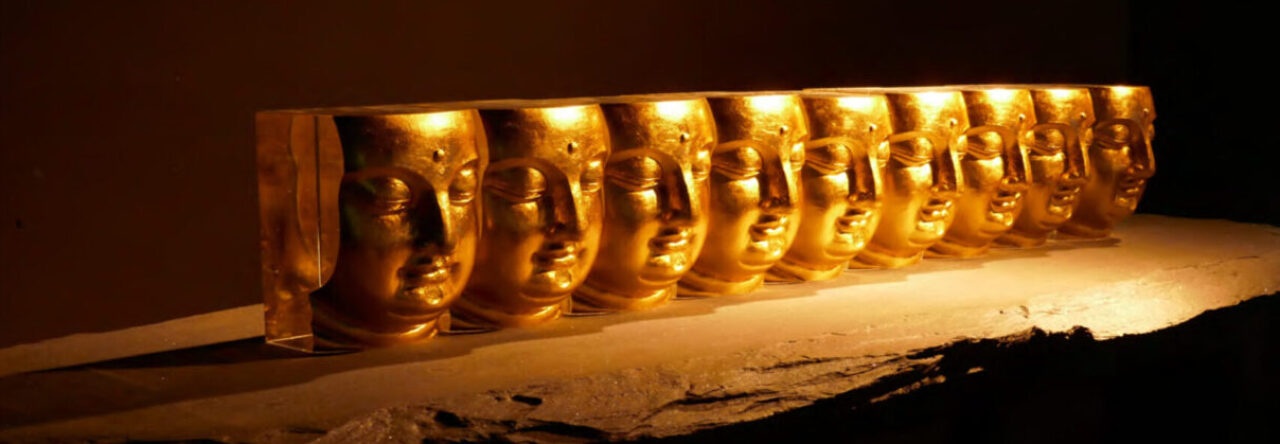Nous avons le plaisir d’accueillir Prof. Rinchen Dorje (Université de Lanzhou, Chine et chercheur invité au Centre d’études sud-asiatiques et himalayennes, CNRS/EHESS) pour une présentation ouverte à tous sur le thème : Author, Editor, and Reader in Compilation Processes in the Tibetan Buddhist Literary Tradition: the Case of Jikmé Damchö Gyatso’s (1898-1946) Collected Works

Horaire : lundi 26 juin, 15-17h.
Lieu : salle A-50, rez-de-chaussée du bâtiment EHESS,
Campus Condorcet (2 cours des Humanités, Aubervilliers).
La conférence sera suivie par un petit pot convivial en salle A-201 (2e étage).

We are pleased to welcome Prof. Rinchen Dorje (University of Lanzhou, China and Visiting Scholar at the Centre d’études sud-asiatiques et himalayennes, CNRS/EHESS) for an open presentation on the theme:
Author, Editor, and Reader in Compilation Processes in the Tibetan Buddhist Literary Tradition: the Case of Jikmé Damchö Gyatso’s (1898-1946) Collected Works
Time: Monday, June 26, 3-5pm.
Venue: room A-50, ground floor of the EHESS building, Campus Condorcet (2 cours des Humanités, Aubervilliers).
The conference will be followed by drinks in room A-201 (2nd floor).
Résumé / Abstract:
This study is primarily concerned with Jikmé Rikpé Lodrö’s (1910-1985) editorial role in his compilation of his master Jikmé Damchö Gyatso’s collected works. Much of the previous scholarship is limited in the sense that only the author and editor are their focus in relation to Tibetan Buddhist textual criticism and editing history. My present analysis expands this scope and promotes a more inclusive approach by assigning no less important agency to the role of the reader, both imagined and real, and treating the social texts as a nexus of the author and editor on one side, and the reader on the other side. Central to the discussion of this dialectic relationship are collective processes of both authorization and contestation of textual editions. The significance of relations among texts in the collected works and beyond is also explored in more concrete terms. The sources considered in the present study afford us broader insights into understanding the richness and complexity of composition, editorial practices, and strategies in the compilation of a master’s collected works. Unfortunately, my discussion largely excludes how the concerns of local patrons and larger political forces influence the textual production and compilation, as they are unsurprisingly neglected in the sources available for our use.
Voir aussi le site de la Société Française d’Études du Monde Tibétain

Laisser un commentaire